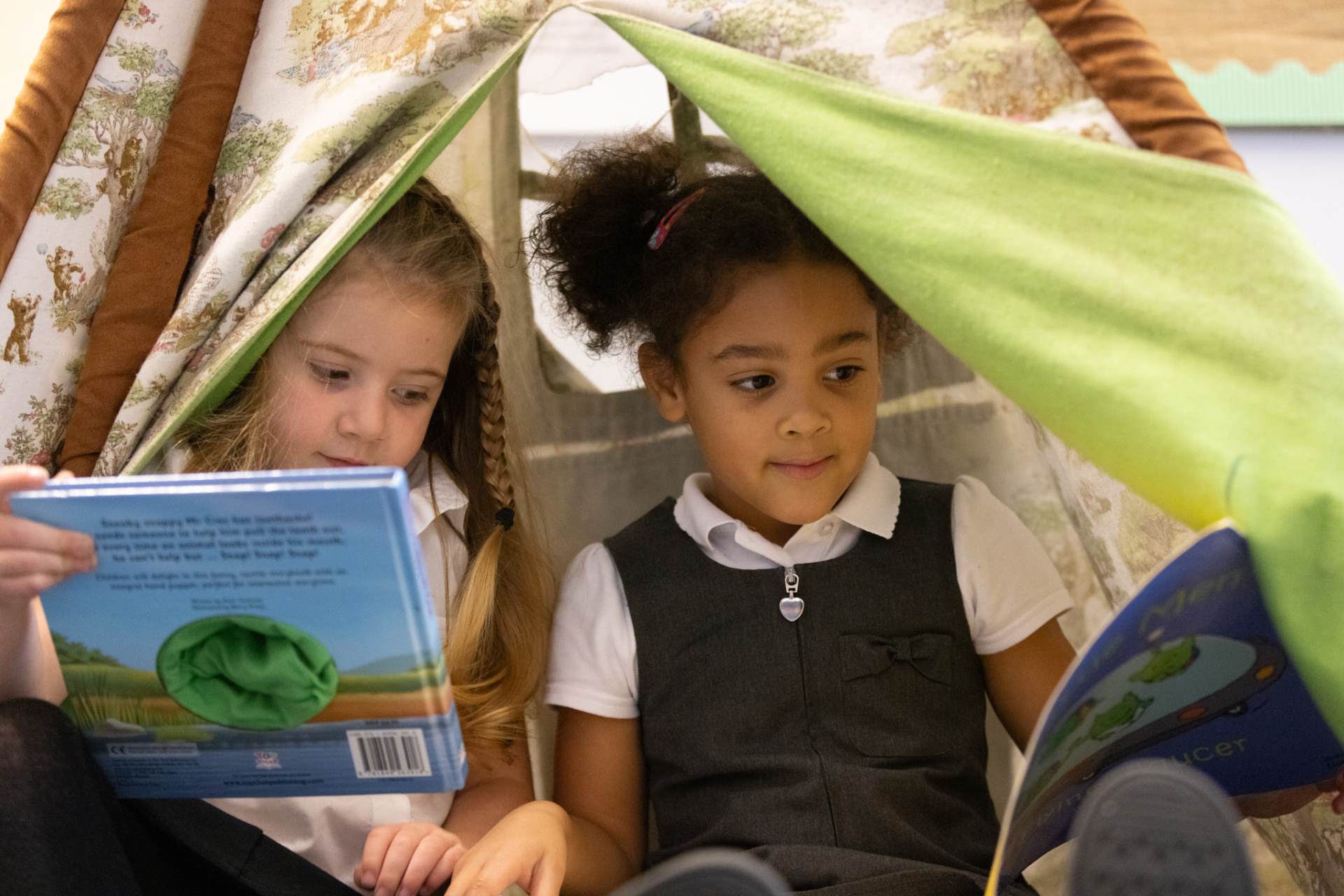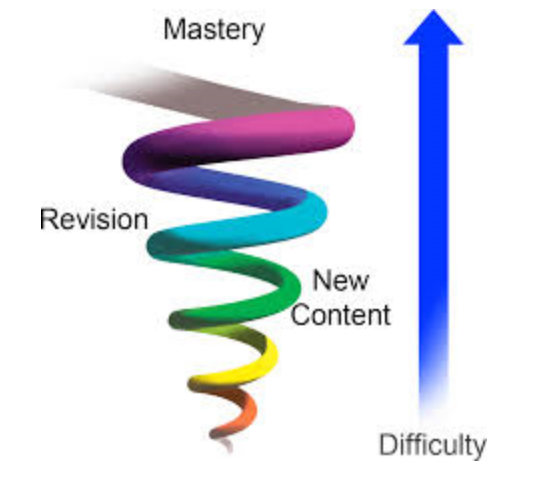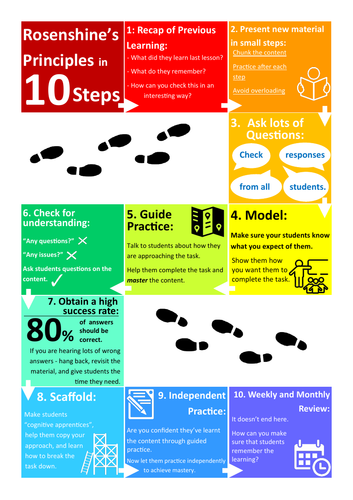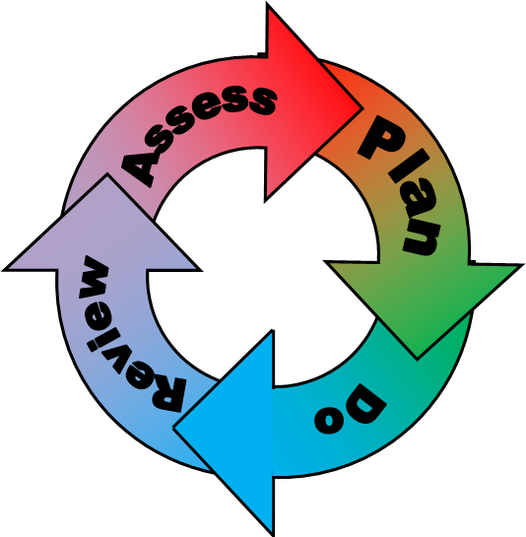 Curriculum Intent
Curriculum Intent

Whitehill Primary School has a broad, balanced and inclusive curriculum that is coherently planned and sequenced to ensure progression of knowledge, skills and understanding across the school. Challenging, thought-provoking and engaging activities are facilitated by the teacher to stimulate the children and build on their prior knowledge.
We believe that our children are entitled to an education that equips them with the knowledge, skills and values they need to embrace the opportunities and challenges they encounter; living and shaping a future that they want. Our curriculum is enriched by real-life, immersive and cultural experiences that build the character of each individual child. We make certain to reflect the vibrancy and diversity of our local community by providing our children with opportunities that they may otherwise not receive at home.
Learning is further embedded and brought to life through the enrichment opportunities that have been thoughtfully incorporated within our curriculum plans. These enrichment opportunities enable the children to apply their learning holistically, in different social contexts and will help our students to understand the empowering nature of gaining knowledge and skills. Through such an approach, we are committed to ensuring all children develop a love of learning.
We aim for our students to become independent, resilient and responsible citizens who can positively contribute to society. Working hand in hand, we truly believe that our children will be:
Harmonious – Embracing and valuing difference.
Autonomous – Learning to do things independently.
Noble – Being courageous, kind and thoughtful towards others.
Determined – Never giving up, embracing and learning from mistakes.
Spirited – Physically and mentally happy with oneself and others.
Our goal is clear: Through the high-quality teaching of our ambitious curriculum, every child at Whitehill can achieve their full potential and become well-rounded individuals who will thrive, be successful and truly prepared for the future world.
Key Principles Underpinning Our Curriculum
Careful consideration has been given to what skills and subjects are taught when. We have mapped out the curriculum in a way that ensures key skills and concepts are revisited by the students. With each revisit, the depth and complexity with which the skills and concepts are explored increases. Our curriculum very much spirals and adheres to educationalist, Jerome Bruner's theory of learning.
 In addition, when developing our curriculum, it was collectively agreed that Rosenshine's Ten Principles should underpin all curriculum learning. Lessons begin by making sure pupils can recall and understand the previous sessions learning. New learning is then presented in manageable steps with any relevant links to the previous learning made at the same time. Questions are used to assist our learners with examining and developing their understanding. Teachers model learning expectations so that pupils understand what they are and then guide the students through the learning process. As this is happening, teachers check on how well pupils are learning; rectifying any misconceptions and providing sufficient opportunities to test their knowledge and skills. This process of guided practice, checking and testing for mastery continues until the teacher is satisfied that the majority of learners have mastered the skills and knowledge being taught. Support is provided to maximise mastery and ultimately the pupils are then asked to independently apply their learning. Through autonomy, the learning is more likely to embed. Further activities, tests and quizzes are used on a regular basis to ensure that our children not only grasp new skills and knowledge, but the learning becomes committed to the long-term memory.
In addition, when developing our curriculum, it was collectively agreed that Rosenshine's Ten Principles should underpin all curriculum learning. Lessons begin by making sure pupils can recall and understand the previous sessions learning. New learning is then presented in manageable steps with any relevant links to the previous learning made at the same time. Questions are used to assist our learners with examining and developing their understanding. Teachers model learning expectations so that pupils understand what they are and then guide the students through the learning process. As this is happening, teachers check on how well pupils are learning; rectifying any misconceptions and providing sufficient opportunities to test their knowledge and skills. This process of guided practice, checking and testing for mastery continues until the teacher is satisfied that the majority of learners have mastered the skills and knowledge being taught. Support is provided to maximise mastery and ultimately the pupils are then asked to independently apply their learning. Through autonomy, the learning is more likely to embed. Further activities, tests and quizzes are used on a regular basis to ensure that our children not only grasp new skills and knowledge, but the learning becomes committed to the long-term memory.
Where apt, metacognition, working walls, word banks and floor books are used to support recall and the process of learning.
Inclusivity
We aim to offer an education that includes all students, and welcomes and supports them to learn, whoever they are and whatever their abilities or requirements. This means making sure that teaching and the curriculum, school buildings, classrooms, play areas, transport and toilets are appropriate for all children at all levels.
Inclusive education means all children learn together in the same school. No-one should be excluded. Every child has a right to inclusive education, including children with disabilities. The Six principles of nurture are entwined within all classroom practises and an ethos of care, nurture and support is promoted:
1. The children’s learning is understood developmentally
2. Every classroom offers a safe base
3. Nurture is pivotal in the development of self-esteem
4. Language is understood as a vital means of communication
5. All behaviour is communication
6. Transitions are significant in the lives of children
Such an approach will:
- Improve learning for all children – both those with and without disabilities.
- Promote understanding, reduce prejudice and strengthen social integration.
- Ensure that children with disabilities are equipped to work and contribute economically and socially to their communities.
Our vision for each subject area is personalised to ensure specificity.
Assessment & Monitoring
 Ongoing teacher and student review (formative assessment) is used to inform the immediate 'shape' and content of the lesson and then future lesson plan. Through formative assessment, teaching staff can promptly address any misconception, give further support and also extend learning where fitting. At Whitehill, we give priority to 'live marking and feedback.' Having such dialogue whilst the learner is still engaged maximises impact. In addition to formative assessment, learning is reviewed at the end of term one, three and five (summative assessment). In addition to a review of the overall formative assessments, tests may used to support these summative assessments. Judgements about our students overall progress and attainment are moderated by a range of internal and external processes. Meetings are had to review these summative assessments and to agree interventions where any pupil's progress has slowed. Please click HERE to read our Assessment Policy.
Ongoing teacher and student review (formative assessment) is used to inform the immediate 'shape' and content of the lesson and then future lesson plan. Through formative assessment, teaching staff can promptly address any misconception, give further support and also extend learning where fitting. At Whitehill, we give priority to 'live marking and feedback.' Having such dialogue whilst the learner is still engaged maximises impact. In addition to formative assessment, learning is reviewed at the end of term one, three and five (summative assessment). In addition to a review of the overall formative assessments, tests may used to support these summative assessments. Judgements about our students overall progress and attainment are moderated by a range of internal and external processes. Meetings are had to review these summative assessments and to agree interventions where any pupil's progress has slowed. Please click HERE to read our Assessment Policy.


